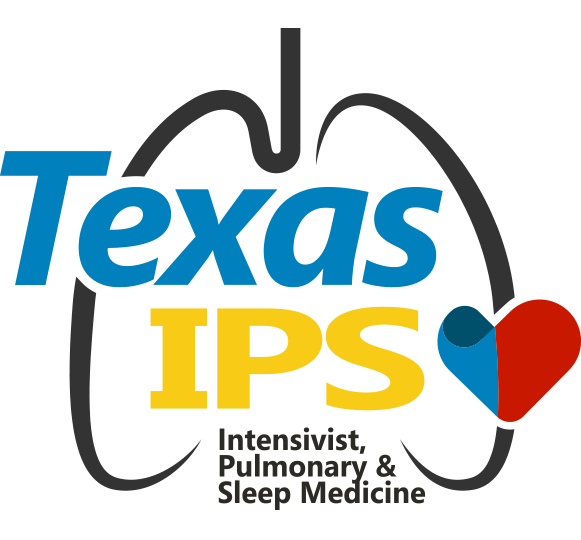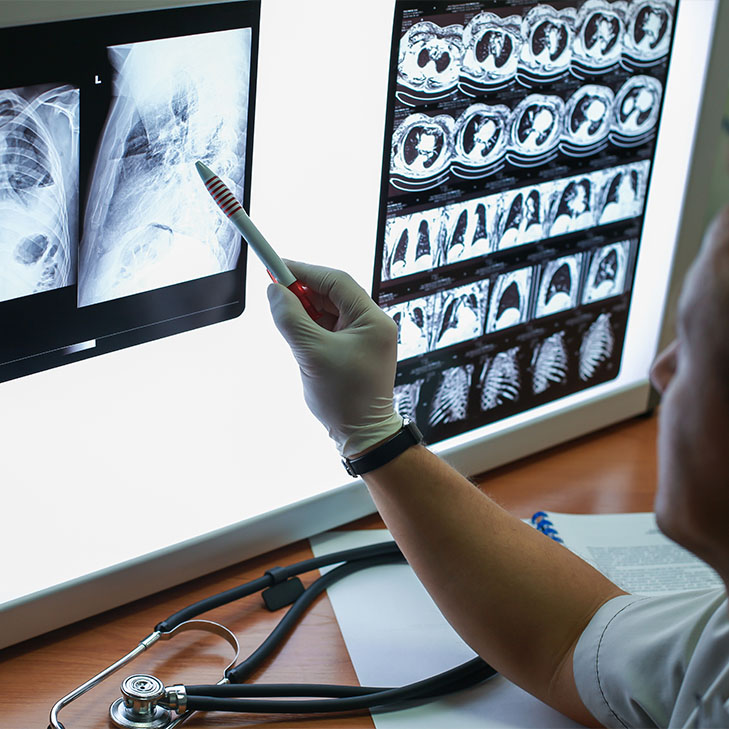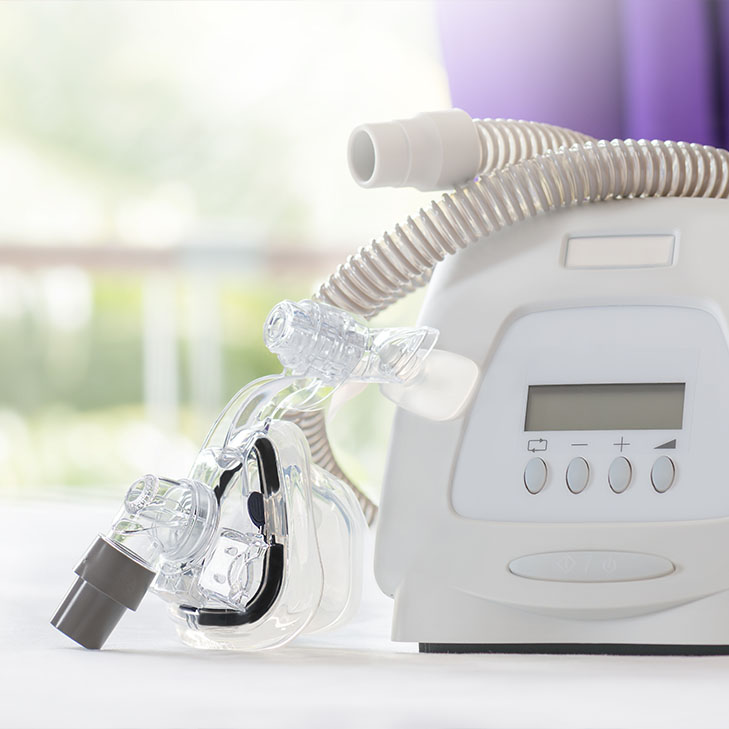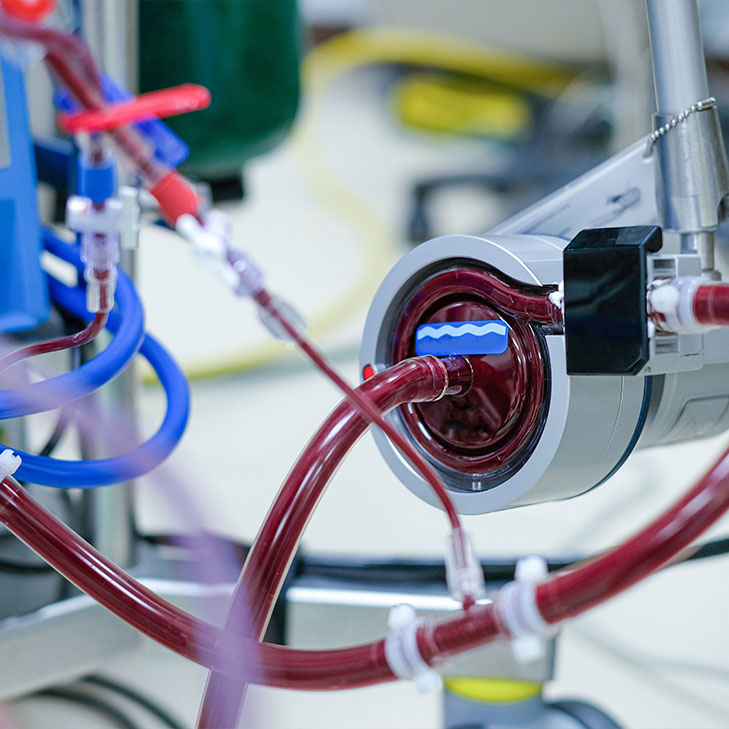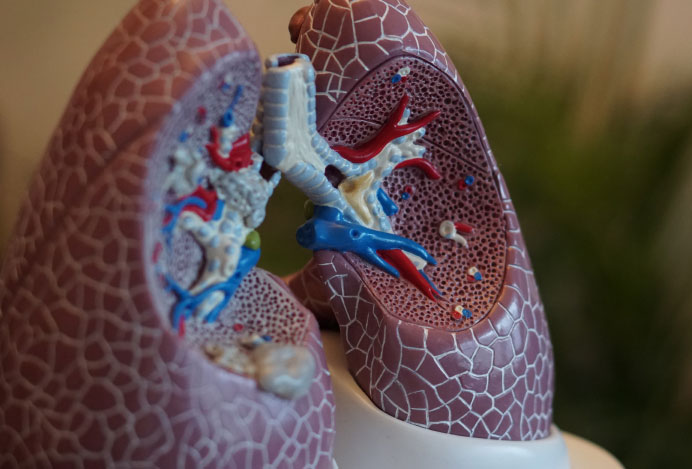
Breathe easy: The best (and worst) foods for pulmonary health
Breathe easy: The best (and worst) foods for pulmonary health
You might not know it, but there’s a direct link between diet and lung health. The foods that you eat every day can have good or bad impacts on your lung health, so especially for patients with pulmonary diseases and conditions, it’s important to maintain a healthy, well-balanced diet.
But what does that look like—and what foods should pulmonary patients look for (or avoid)?
Let’s start with the good. These are some of the best foods to maintain and improve pulmonary health:
Apples
We know, it’s cliche: “An apple a day keeps the doctor away.” But eating apples regularly is actually shown to slow lung decline in ex-smokers and reduce risk of COPD. It’s also associated with greater lung function in general.
Oranges, peppers, and strawberries
What do oranges, peppers, and strawberries have in common? They’re all incredibly rich in vitamin C, a powerful antioxidant and lung health workhorse. Upping vitamin C intake is particularly important for smokers, and several studies have shown that smokers who take in more vitamin C have better lung function than those who don’t.
High-fiber foods
Foods that are high in fiber—lentils, whole-wheat spaghetti, broccoli, pears, and quinoa, just to name a few—may improve your lung health. Studies have shown that people who eat more fiber have greater lung function than people with low-fiber diets.
Tomatoes
Tomatoes—and other tomato products—are incredibly rich in lycopene, which is a carotenoid antioxidant that has been linked to better lung function. In fact, consumption of tomato products has been shown to reduce inflammation in the airways of people with asthma and improve lung function in COPD patients.
Beets
Beets, as well as beet greens, have been shown to help relax blood vessels, lower blood pressure, and optimize oxygen uptake. Beet root is available in supplement form, which has been shown to improve lung function in patients with pulmonary conditions like COPD and pulmonary hypertension.
Brazil nuts
Brazil nuts are one of the best sources of Selenium you can find. Selenium is an important nutrient that can help protect against lung cancer, boost lung function in people with asthma, and enhance immune function and antioxidant defenses—and just one Brazil nut can include over 150% of the recommended dose of Selenium. Selenium can be found in plenty of other foods too, like pork, beef, turkey, chicken, fish, shellfish, and eggs.
Those aren’t the only foods important for a lung-healthy diet, however. Other foods that can boost lung health include pumpkin, turmeric, coffee, edamame, leafy greens like swiss chard,
Meanwhile, there are also a few key foods to avoid for patients looking to improve their lung health. These include:
Processed meats
Processed meats like cured meats and deli cold cuts have added nitrates to extend shelf life. These nitrates have specifically been linked, however, to an increase in COPD hospital readmissions.
Sodium
Salty foods can lead to increased water retention, which can cause shortness of breath in lung disease patients. It also is a significant contributor to high blood pressure, further exacerbating pulmonary health. Lean on herbs and spices instead of salt to add flavor to food you cook at home, and check food labels—it’s best to keep salt intake to under 300 milligrams per serving.
Fried foods
French fries, onion rings, fried chicken and other fried foods contain saturated fats, which in the short term can cause bloating and lead to lung discomfort, and in the long term contribute to weight gain, causing a host of other difficulties and complications for pulmonary patients.
Dairy products
Foods like cheese, ice cream, milk, all cause a particular reaction in the body. Milk contains casomorphin, a protein fragment that causes the body to produce higher levels of phlegm and mucus. This can increase coughing, which can lead to pain and wheezing for patients with cOPD and lung disease.
About Texas IPS
Texas IPS, based in San Antonio, is an independent physician owned medical practice specializing in the treatment of pulmonary, sleep, and critical care medicine. Texas IPS’ knowledgeable physician staff is composed of highly trained clinicians dedicated to providing high quality care through a patient centered approach using advanced technology and innovation.
